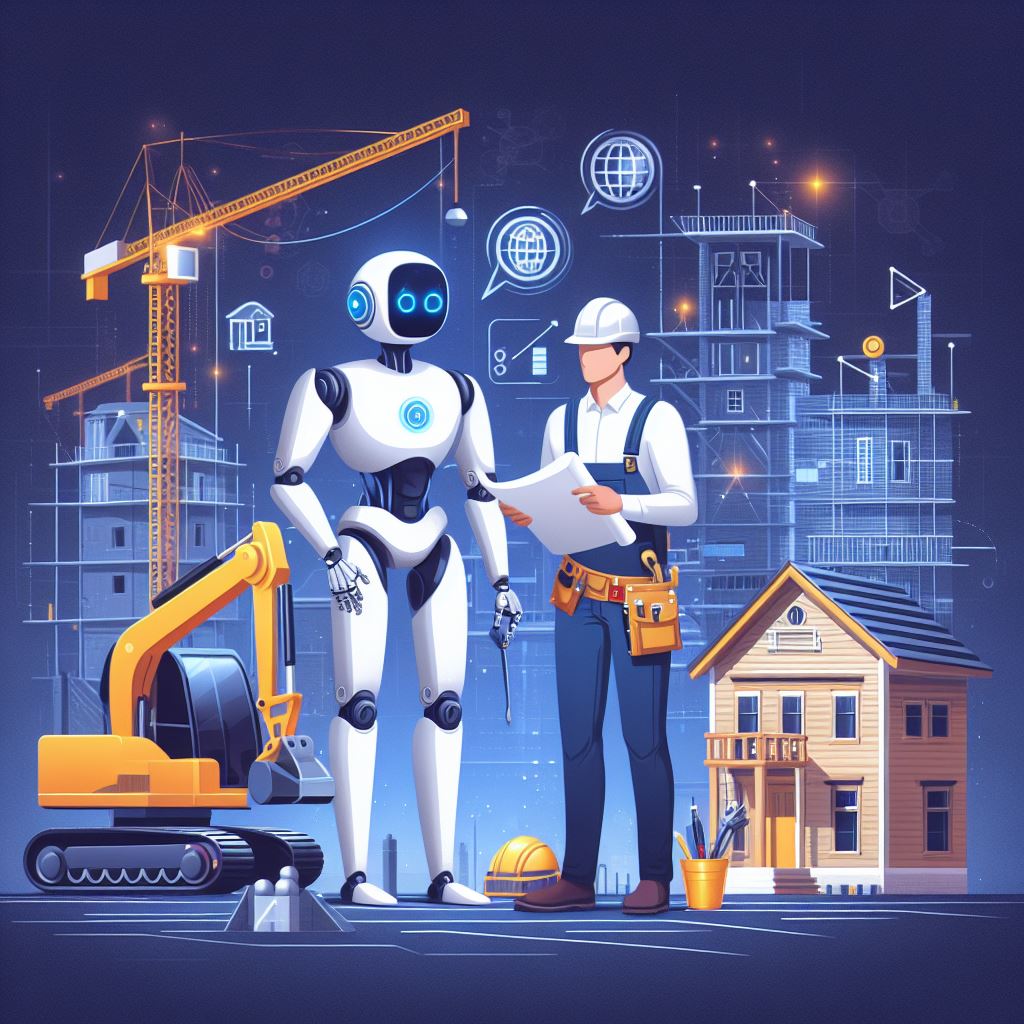In the evolving landscape of global economies, the role of artificial intelligence (AI) is becoming increasingly prominent. While often associated with developed nations, the potential of AI to drive job creation in the developing world is a topic gaining traction. This technological wave, if harnessed effectively, has the capability to transform labor markets, foster innovation, and propel economic growth in regions that have historically faced significant challenges.
Want to know more about our Tech Solutions? Visit us at www.nesesho.com
Bridging the Technological Divide
The notion of AI’s job creation potential in the developing world might seem counterintuitive to some, given the prevalent concern about automation displacing traditional jobs. However, AI’s impact extends beyond automation; it holds the key to bridging the technological divide that has kept many developing nations from fully participating in the global economy.
In sectors such as agriculture, healthcare, and education, AI applications can enhance productivity, streamline processes, and improve service delivery. For instance, AI-powered precision agriculture can optimize crop yields, reducing waste and increasing income for farmers in developing regions. Similarly, AI-driven diagnostic tools can extend the reach of healthcare services to remote areas, improving health outcomes and creating employment opportunities in the healthcare sector.
Fostering Innovation and Entrepreneurship
One of the most compelling aspects of AI’s job creation potential lies in its ability to foster innovation and entrepreneurship. Developing nations often grapple with limited resources and infrastructure, hindering the growth of local businesses. AI technologies, however, can level the playing field by providing affordable and scalable solutions.
Start-ups in the developing world can leverage AI to develop innovative products and services, driving economic diversification. From AI-powered e-commerce platforms to data analytics services tailored for local markets, the possibilities are vast. These ventures not only create jobs directly but also contribute to the development of a vibrant ecosystem that encourages further innovation and investment.
Realizing AI’s job creation potential in the developing world requires a strategic focus on skill development. Equipping the workforce with the necessary skills to harness AI technologies is crucial for reaping the benefits of this transformative wave. Governments, educational institutions, and private enterprises must collaborate to design and implement comprehensive training programs that align with the demands of the evolving job market.
Investing in AI education can empower individuals in developing nations to participate actively in the digital economy. This, in turn, can lead to the creation of a skilled workforce capable of developing, implementing, and maintaining AI solutions tailored to local needs.
Overcoming Challenges
While AI presents immense opportunities for job creation, it also comes with challenges that must be addressed to ensure inclusive and sustainable development. Ethical considerations, such as bias in AI algorithms and data privacy concerns, need to be carefully managed. Governments and industry stakeholders must work together to establish robust regulatory frameworks that mitigate these risks and ensure that AI benefits everyone in society.
Additionally, fostering inclusivity in AI development is essential. Ensuring that marginalized communities and groups have equal access to AI education and job opportunities is crucial for preventing the exacerbation of existing societal inequalities.
Embracing the Future
As the world continues its digital transformation, the developing world stands at a pivotal juncture. Embracing the potential of AI for job creation is not just a matter of economic progress; it is an opportunity to redefine the future of work and innovation in these regions. Strategic investments in education, entrepreneurship, and ethical AI practices can pave the way for a more inclusive and prosperous global economy.
In conclusion, the developing world has the chance to turn the tide and harness AI as a force for positive change. By recognizing and capitalizing on AI’s job creation potential, nations can position themselves on the forefront of technological advancement while uplifting their communities. The journey ahead may be challenging, but the rewards – in terms of economic growth, innovation, and improved quality of life – make it a journey worth undertaking. It is time for the developing world to not just adapt to the digital era but to lead it, unlocking a future where AI becomes a catalyst for inclusive prosperity.
Want to know more about our Tech Solutions? Visit us at www.nesesho.com



